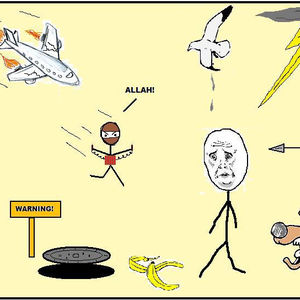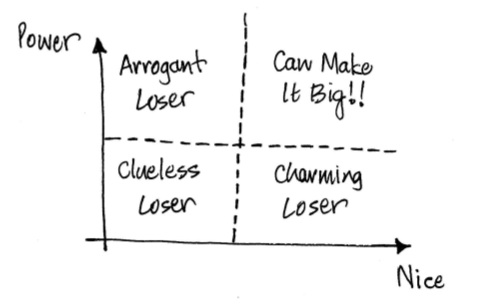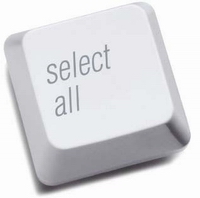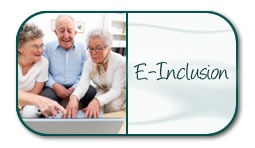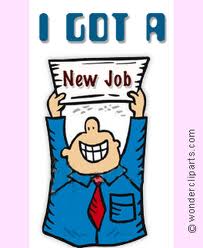Last night I was in the Philharmonie seeing Mariza, the famous fado singer on stage. Her expressive, sentimental style and remarkable talent are quite well-known. Nevetheless, an unexpected and very heart-warming act was that towards the end of the show she decided to go into the audience, continue singing there, shaking hands with many of the spectators.
This incident made me think of those people who dare to break societal barriers. Society imposes certain distance between a singer and the audience, a doctor and the patient, a boss and an employee, a hollywood star and the rest of the world, a politician and his voters etc. These are all relationships when one party is inherently in a “more superior” position than the other, in the centre of the attention of the other in some kind of dependence. Consequently, a certain distance is created between them, where they are not expected to mix with each other.
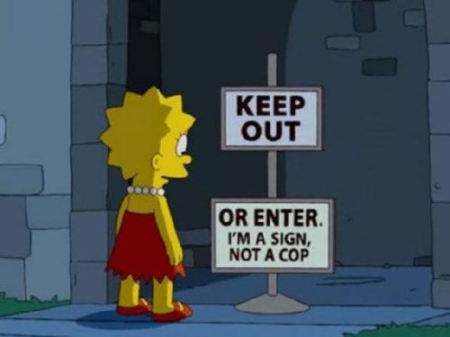 I really admire it when in such cases the the distance is blurred. Just think about the movie Patch Adams, where Robin Williams, playing a doctor creates a special relationship with his patients. Or our Pope who wants to be among his followers, talking to them, connecting with them. It has to be initiated by the party in the more powerful position, he should be the one inviting the other to approach him.
I really admire it when in such cases the the distance is blurred. Just think about the movie Patch Adams, where Robin Williams, playing a doctor creates a special relationship with his patients. Or our Pope who wants to be among his followers, talking to them, connecting with them. It has to be initiated by the party in the more powerful position, he should be the one inviting the other to approach him.
What is the intention behind blurring these limits? Simply that we are all humans, and among the many roles we all play in life (within the family, in professional life, in private life) being human, and hence wanting to connect with the other human is the baseline, which can override any other roles we play.

